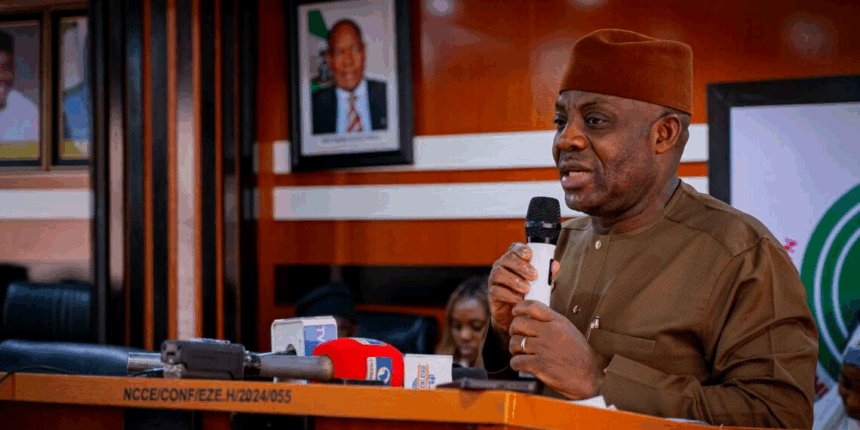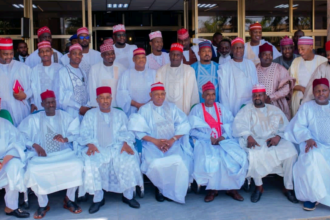-
ASUU Bauchi Zone refutes government’s fund shortage claim, citing FAAC data showing revenue surge.
-
Union stresses political will, not money, is the real issue behind neglect of Nigerian universities.
-
Calls on leaders and stakeholders to pressure FG to avert further crises in higher education.
The Academic Staff Union of Universities (ASUU), Bauchi Zone, has rejected the Federal Government’s claim that insufficient funds prevented it from meeting the full salary demands of universities.
Speaking in Jos, Prof. Timothy Namu, Zonal Coordinator for Bauchi, argued that it is not a lack of funds but misplaced priorities and absence of political will that continue to undermine education in Nigeria.
He highlighted FAAC data showing that states received ₦3.92 trillion in 2022 and ₦5.81 trillion in 2024 — a 62% increase. Similarly, federal allocations rose from ₦3.42 trillion to ₦4.65 trillion, a growth of over 70%.
ATTENTION: Click “HERE” to join our WhatsApp group and receive News updates directly on your WhatsApp!
“These statistics clearly indicate that the problem is not financial but political,” Namu said, adding that there is no evidence the government treats education as a genuine priority.
READ ALSO: ASUU Suspends Nationwide Warning Strike After NEC Review
The Zonal Coordinator noted that during the ASUU National Executive Council (NEC) meeting at Taraba State University in Jalingo on November 8–9, the union reviewed the government’s response and rejected the proposed salary increment. NEC described the increase as a “drop in the ocean”, insufficient to reverse the brain drain afflicting Nigerian universities.
After convening an emergency NEC meeting one week later, the union concluded that the objectives of the previous warning strike were partially achieved, prompting a temporary suspension.
However, Namu warned that with less than a week remaining on the four-week government response window, no substantial progress has been made.
ASUU called on traditional rulers, thought leaders, students, civil society organisations, the Nigeria Labour Congress, and the National Assembly to pressure the government to act decisively to prevent a renewed crisis in Nigeria’s higher education secto


